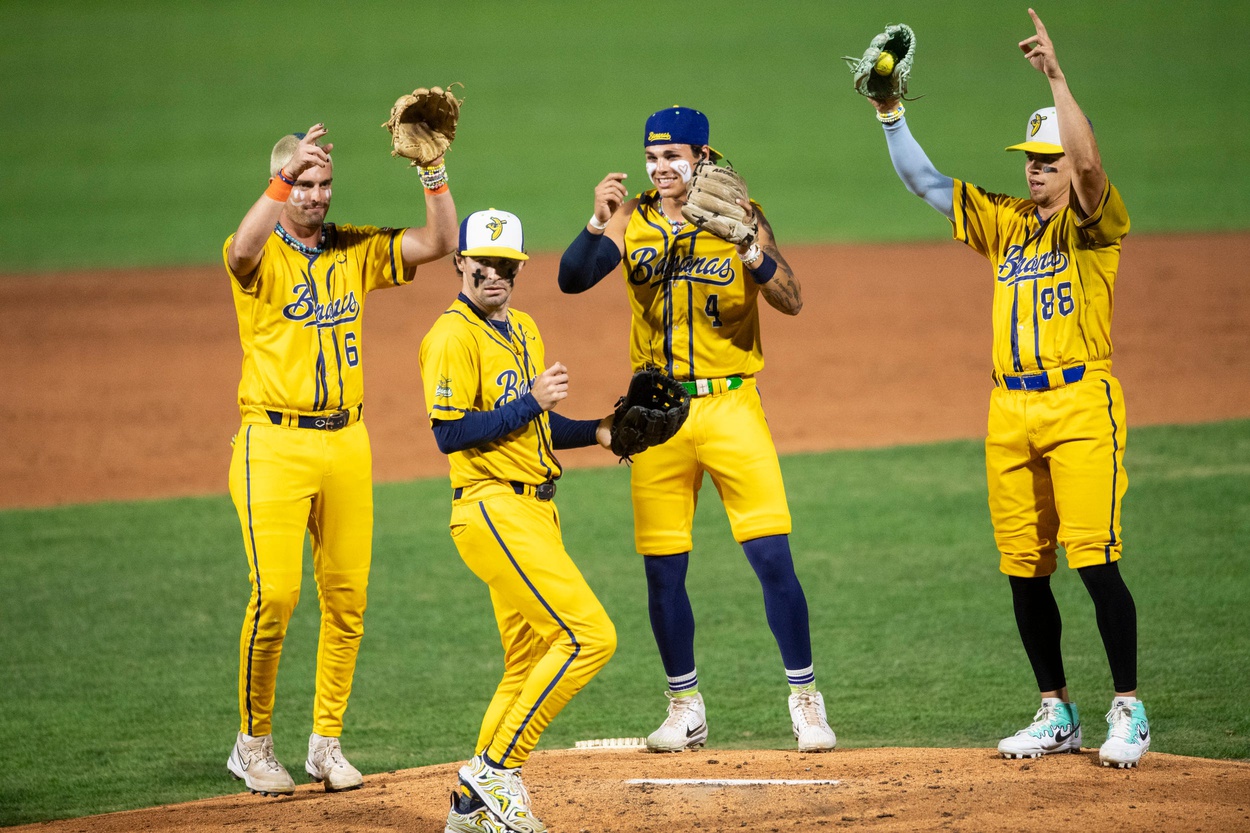The Manifesto They Don’t Want You To Read
Let’s get something straight. You’ve been fed a story. A nice, clean, heartwarming narrative about a fun-loving baseball team in yellow tuxedos fighting the big, bad ticket resellers to protect the little guy. It’s a great story. It’s perfect for a 30-second news clip. And it’s almost entirely a fabrication. I’m here to tell you what’s really going on behind the curtain, because the people I talk to (the ones who actually build these systems) are laughing at the public’s perception of this whole charade.
This isn’t about fairness. It’s about control. Absolute, total, unapologetic control.
The PR Spin vs. The Reality on the Ground
The official line, spoon-fed from Bananas founder Jesse Cole himself, is that this new “verified secondary marketplace” is a noble crusade. They want to clamp down on inflated prices. They want to stop fraud. They want to ensure every ticket sold is at face value, for the *real fans*. It sounds wonderful, doesn’t it? Like a baseball utopia. A pure meritocracy where only the fastest clicker gets a seat. What a joke.
Here’s the truth: this is a strategic, cold-blooded business maneuver designed to achieve one primary objective: to cut out the middlemen and own the entire ecosystem, from ticket sale to data collection to the hot dog you buy in the third inning. They watched Ticketmaster, StubHub, and SeatGeek make billions off the secondary market for decades, and they decided they wanted the whole pie. Not a slice. The whole damn thing.
Think about it. Every time a ticket is resold on StubHub, who gets the data? StubHub does. They know who sold it, who bought it, what price they were willing to pay, what time they bought it, and what other events they’re interested in. That data is pure gold. It’s the currency of the modern world. The Bananas were letting that gold walk right out the door. Now? They’re building a vault.
This new system forces every single transaction, every single fan interaction, back onto their own platform. Their platform. Their rules. Their data. They will know every single person who holds a ticket, not just the original buyer. They’ll know who couldn’t make it. They’ll know who decided to sell. This information allows for hyper-targeted marketing and sponsorship deals that are infinitely more valuable than a few bucks saved on a resale ticket. It is a masterstroke of vertical integration disguised as fan-friendly populism.
They’re not killing the secondary market. They’re becoming it.
The Illusion of ‘Face Value’
And let’s talk about this “face value” nonsense for a second. On the surface, it seems unimpeachably good. No more paying $300 for a $25 ticket, right? Wrong. All this does is change who profits from the scarcity. It doesn’t eliminate the scarcity itself. The Bananas are wildly popular; that’s the root issue. Demand massively outstrips supply. When you cap the price, you don’t magically make the demand disappear; you just create a different kind of competition.
Instead of a market where price dictates who gets the ticket (which, for all its flaws, is a form of market), you create a lottery. A game of pure luck. The winner is the person with the fastest internet connection who happens to be online at the exact millisecond a ticket becomes available. Is that person a bigger “fan” than the person willing to pay a premium to take their kid to their first and only game of the year? Of course not. It’s just random.
This system doesn’t reward passion; it rewards luck and technical advantage.
Furthermore, it pushes the *real* secondary market—the one where people are willing to pay more than face value—underground. Now, instead of a semi-regulated platform like StubHub with some buyer protections, you’ll have people selling tickets in Facebook DMs and sketchy forums. Guess what happens there? More fraud. More scams. The exact thing the Bananas claim they’re trying to prevent. It’s an incredibly predictable outcome, one they surely anticipated. (Which tells you what their real priority was).
A Play Ripped Straight from the Big Tech Handbook
Don’t look at this as a baseball story. That’s the wrong lens. This is a tech story. This is the Apple playbook. Create a beautiful, user-friendly product (Banana Ball) and then lock everyone into your walled garden (the verified marketplace). You want to play? You use our App Store. You use our rules. We take our 30% cut (or in this case, 100% of the data). It’s about building a monopoly on the fan experience.
Jesse Cole is a marketing genius, not a philanthropist. The yellow tux is a costume. The dancing is a spectacle. It’s all part of an incredibly sophisticated funnel designed to build a brand so powerful that it can dictate terms to its own customers. They’re banking on the fact that you love the on-field product so much you won’t question the off-field power grab.
And it’s working. People are cheering them on for “taking on the scalpers,” completely oblivious to the fact that they’re just handing the keys to the kingdom from one corporate entity (resellers) to another (the team itself). At least with a fragmented reseller market, there was some competition. Now? There will be none. There will be one gatekeeper. The Bananas themselves.
And what happens in five years when they have a complete monopoly on their own tickets and a mountain of data on their fans’ spending habits? Do you honestly believe the prices will stay low forever? Do you think they won’t introduce their own “service fees” or “platform fees” for the privilege of using their resale system? Do you think they won’t use that data to implement their own form of “dynamic pricing” on primary tickets? Wake up. This is step one of a much, much longer game. The end goal isn’t fan fairness. It never was.
The end goal is a direct-to-consumer entertainment empire. The Instagram player drafts, the viral videos, the non-stop touring—it’s all about building a direct line to you. This ticket strategy is the final, crucial piece of that puzzle. It’s about owning the relationship. And in the digital age, owning the relationship means owning the bank account.
So next time you see the guy in the yellow tux, look past the smile. Look past the dancing. See him for what he is: a brilliant strategist building a fortress. And the fans? They’re not the citizens being protected inside. They’re the bricks.


